This premium content is exclusive to edie Members.
To find out more about edie Membership, please click below.
If you are an existing member, login here
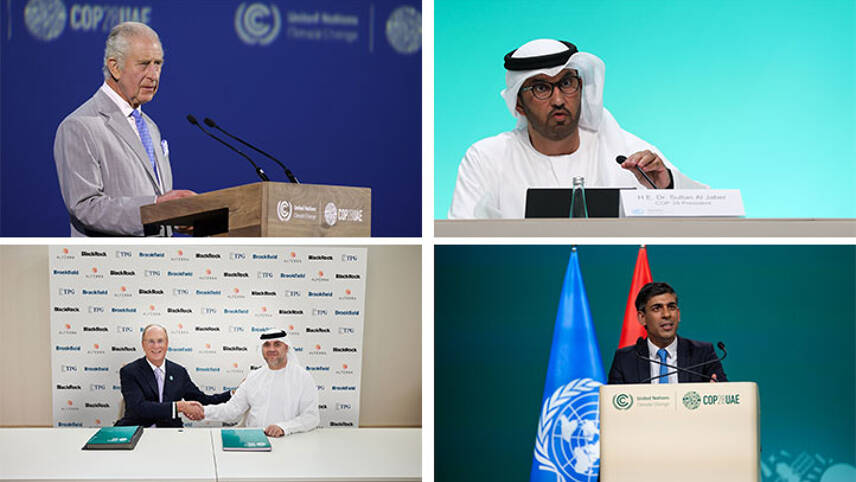
Prior to the big announcements we will cover in this article, it’s worth pointing out that the COP agenda was formally adopted on Thursday in a surprisingly seamless process that saw no major issues in terms of new proposed agenda items.
Instead, separate items have been added to existing mechanism, such as adaptation finance being included in the Standing Committee on Finance (SCF).
But with the intricacies of the agenda in place, the World Leaders Summit commenced with a host of major announcements – as did the COP process’s first ever summit dedicated to convening philanthropists and business leaders. Here, edie rounds up all the major developments on Day One of the World Leaders Summit.
King Charles hopes COP28 delivers ‘critical turning point’
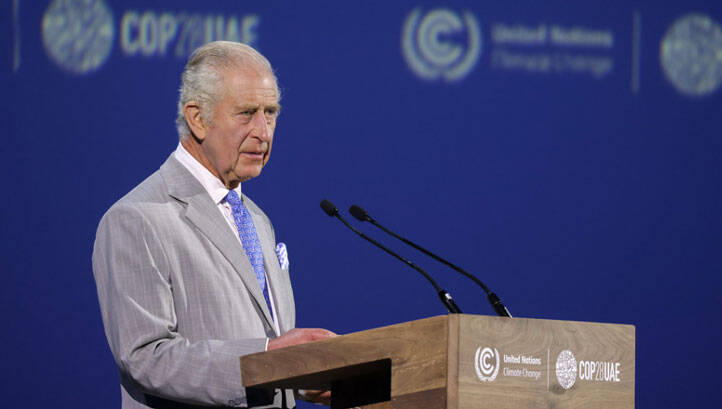
Image: UNFCCC Flickr / Kiara Worth. Pictured: King Charles at COP28
King Charles delivered an impassioned speech at the World Leaders Summit, stating that a net-zero and nature-positive was achievable, but that a “starker and darker world” was inevitable based on current trajectories.
“Eight years ago I was most touched to be asked to speak at the opening of COP21 in Paris, which culminated with the the Paris Agreement – a landmark moment of hope and optimism, where nations put their differences aside for the common good,” the King told world leaders.
“I pray with all my heart that COP28 will be another critical turning point toward genuine transformational action at a time when, already, as scientists have been warning for so long we are seeing alarming tipping points being reach.”
King Charles told the thousands of negotiators at COP28 that an “unmissable opportunity to keep our common hope alive” was still in their hands, and that it could be realised through “ambition, imagination, and a true sense of the emergency we face”.
Rishi Sunak unveils fresh (and not so fresh) climate finance commitments
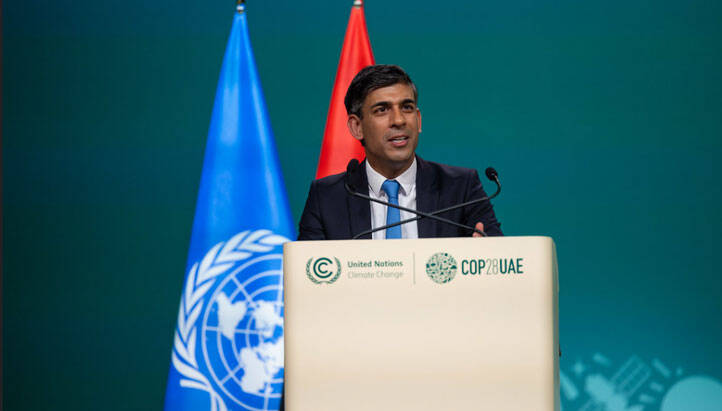
Image: 10 Downing St
Back in September, the UK Government pledged to deliver the UK’s largest financial contribution to international climate finance, with more than £1.6bn to be ringfenced for developing nations.
The £1.62bn financial package was earmarked as part of the Green Climate Fund (GCF), which was established at COP15 as a global fund to help developing countries reduce emissions and adapt to the climate crisis.
The Government has confirmed that today’s announcement is built on the £1.6bn already earmarked for spending up to 2026, so it’s not a new funding stream. However, almost £900m, including £465m for forests, is new and separate to the other funding.
Prime Minister Rishi Sunak said: “We’ve made real progress – including at the Glasgow summit, but the climate science and mounting evidence of climate-related disaster show we’re not moving quickly or effectively enough.
“So I’m calling on major emitters to dramatically accelerate delivery on what they’ve already promised. Everyone can do more.”
Michael Bloomberg launches new climate funding coalition
One of the first stories to emerge during day one of the World Leaders Summit the UN Secretary-General’s Special Envoy on Climate Ambition and Solutions Michael R. Bloomberg launching a new coalition aimed at funneling climate finance into emerging markets and developing economies (EMDEs).
Bloomberg used the World Leaders Summit to launch the Global Capacity Building Coalition, which aims to significantly increase the availability and utilisation of climate finance mechanisms in EMDEs.
The Coalition will be chaired by Mary Schapiro and features major participants including the African and Asian Development Banks. The Glasgow Financial Alliance for Net Zero (GFANZ), the Green Climate Fund, the Principles for Responsible Investment (PRI) and various UN programmes including the United Nations Climate High Level Champions.
The Coalition will drive collaboration between all stakeholders to build capacity and increase philanthropic funding to support climate disclosures, transition planning, and adaptation finance in EMDEs.
It is estimated that EMDEs require $2.4trn in annual climate funding by 2030.
Bloomberg said: “This is the broadest coalition ever assembled to increase finance for clean energy and resilience in the global south. The coalition is well-positioned to help more nations fight climate change in ways that promote economic growth, environmental resilience, and public health — and to do so through collaborative partnerships that empower nations to act boldly.”
Billions promised through new UAE-lef ‘Alterra’ fund

Image: COP28 Presidency
In another story that broke fairly early on in the day, the UAE revealed that it has been working with BlackRock, Brookfield and TPG to launch a new climate fund with $30bn of initial backing and an ambition to mobilise $250bn globally by 2030.
Called Alterra, the fund will allocate moneys from institutional and private capital, with a focus on EMDEs. Its focus areas will be industrial decarbonisation, the energy transition, cleantech and sustainable lifestyles.
BlackRock chief executive Larry Fink said: “The launch of Alterra will itself not only help mobilize much-needed capital to support the transition in the Global South, it can also serve as a blueprint for other sovereigns and private sector actors to replicate, partnering to help unleash the trillions of dollars needed in developed and emerging markets.”
130+ nations sign up to new resilient land use initiative
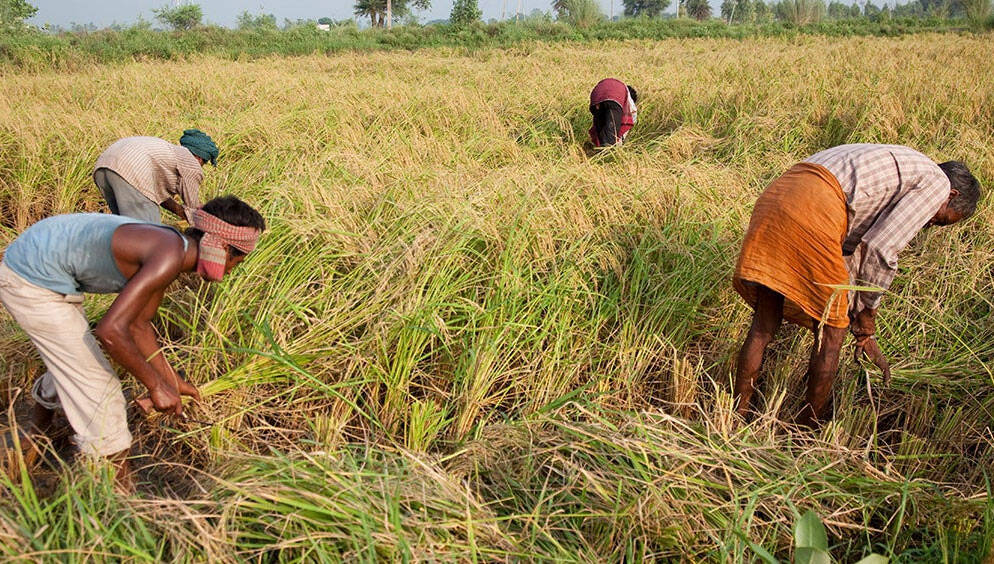
Image: CGIAR
Elsewhere, the COP Presidency gave its official endorsement of the new Emirates Declaration on Sustainable Agriculture, Resilient Food Systems and Climate Action.
The new initiative aims to set a clear and actionable to-do list for improving food system sustainability this decade. It calls for countries to implement policies that unlock finance to improve resilient agricultural, combat the climate crisis and transform the food system.
The Declaration has been signed by more than 130 countries.
Edward Davey, Head of UK Office, World Resources Institute Europe; Partnerships Director, Food and Land Use Coalition said: “The launch today of the Declaration is a wonderful development and the moment when food truly comes of age in the climate process. The declaration sends a powerful signal to the nations of the world that we can only keep the 1.5C goal in sight if we act fast to shift the global food system in the direction of greater sustainability and resilience.
“All countries must leave COP with a commitment to incorporate food and food systems fully into their next round of NDCs, and return to COP29 and COP30 in Brazil with real progress to demonstrate to this end.”
Meanwhile, the UAE co-launched a new ‘action agenda’ pledge to transition 160 million hectares to regenerative agriculture by 2030. It has the support of BCG and the WBCSD in this initiative.
Loss and damage fund agreed
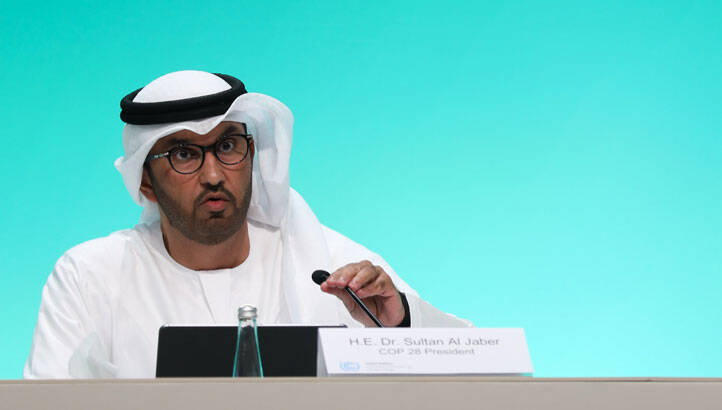
Image: UNFCCC Flickr / Christopher Pike
Technically a story from the day before, but a noteworthy one nonetheless so we’re including it.
COP27 saw wealthy nations U-turn on their historic opposition to the creation of a dedicated global funding pot for loss and damage. But the operationalisation of the fund provedchallenging, because nations continued to dispute which nations should be eligible to pay in and which should be able to receive payments out. A key sticking point is the status of China.
However, on Thursday (30 November), a host of wealthy nations agreed to the calls from small island states to set up dedicated funding streams for loss and damage.
The UAE had committed $100m to the fund, a figure that has been matched by Germany. The UK has pledged £40m to the Fund and £20m for other funding arrangements for loss and damage. The US has committed $17m – a move that has been criticised for not being sufficient enough – and Japan $10m. Italy was added to this cohort on Friday with a pledge exceeding $140m.
Women still under-represented at COP28
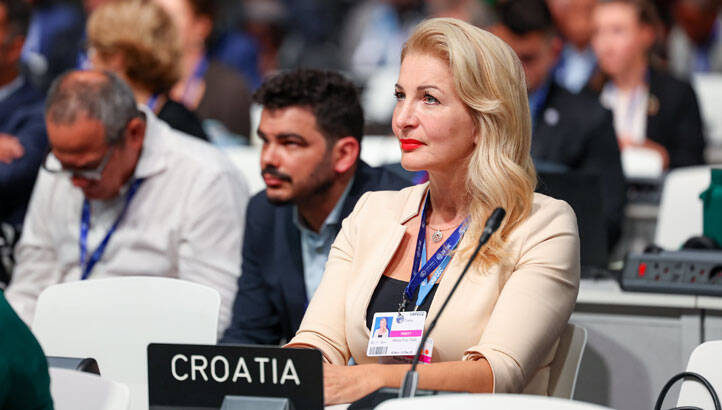
Image: UNFCCC Flickr / Kiara Worth
An unwelcome yet traditional trend at climate summits is the under-representation of women as part of the world leaders and key negotiators.
Last year, seven out of the 110 world leaders attending COP27 were women. Early data at Day One of the World Leaders Summit suggests that only 15 out of the 133 world leaders participating in COP28 are women. While this is a slight increase, it makes depressing reading that only 11% of the world leaders at COP28 are women.
Helen Pankhurst, Senior Adviser on Gender Equality at CARE International UK said: “Yet again, the red carpet is being rolled out for male leaders at COP and men dominate among the senior negotiators. How are we going to achieve a fair outcome in climate negotiations with such inequity at the top? Women and girls are the most affected by climate change, yet they are silenced. Invisible. This must change.”
Fossil fuel rows roll on
COP28 President Dr Sultan Al Jaber raised eyebrows on Thursday with comments suggesting that his team would seek a final agreement emphasising the role of fossil fuels in the decades to come.
Subsequently, the official COP28 account on X (formerly Twitter) reposted a video of UN Secretary-General Antonio Guterres’s opening speech in which he said: “The 1.5C limit is only possible if we ultimately stop burning all fossil fuels. Not reduce. Not abate. Phase out.”
Then, the COP28 Presidency team announced that it had met with the International Energy Agency (IEA) and agreed to push for the global adoption of several key parts of the Agency’s recommendations for keeping 1.5C alive. These include trebling renewable energy capacity globally and doubling the rate of energy efficiency improvements, both by 2030.
As you’d imagine, the UAE is not keen on this prospect. It has instead said it will push for an agreement to cut CO2 and methane from existing fossil fuel operations while scaling investment in alternatives.
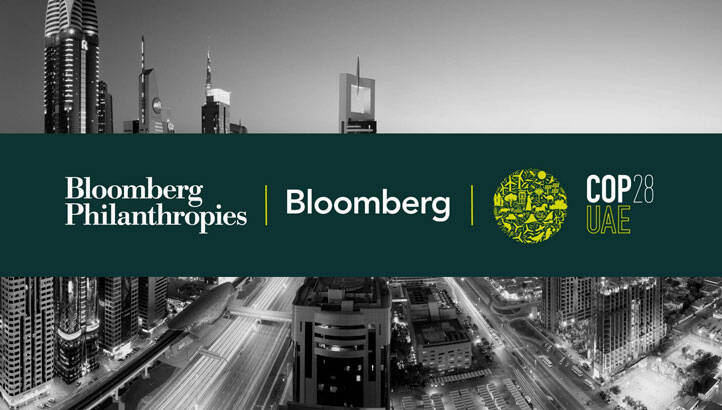


Please login or Register to leave a comment.